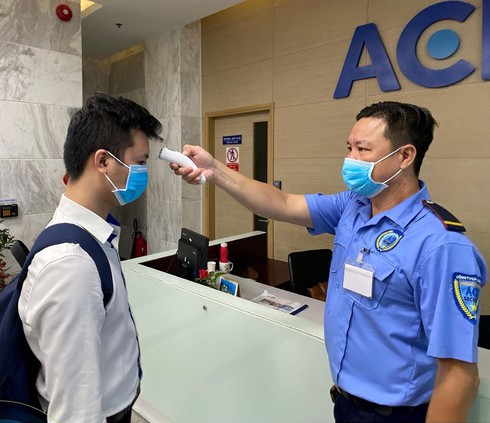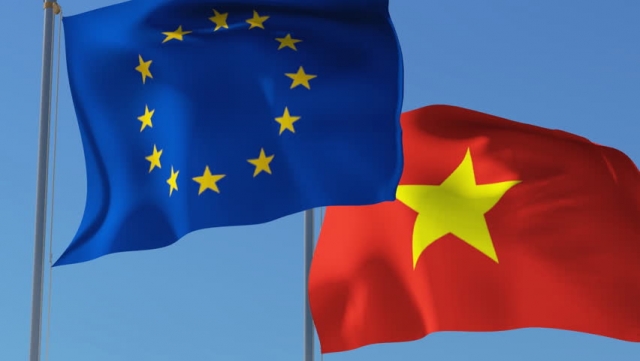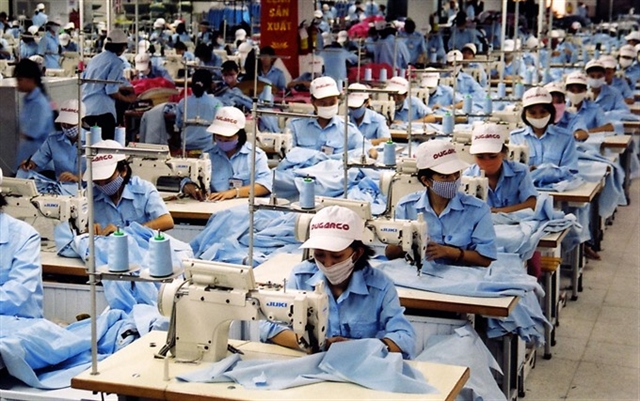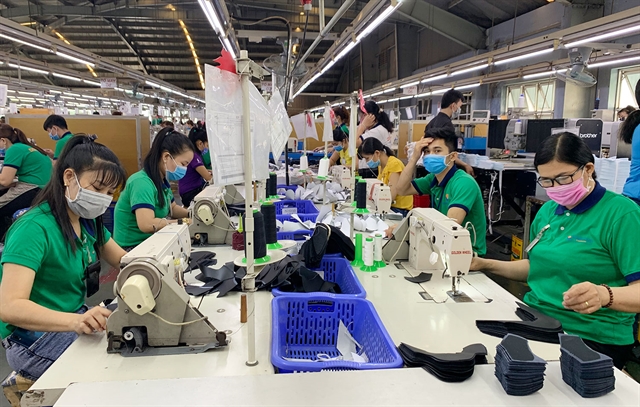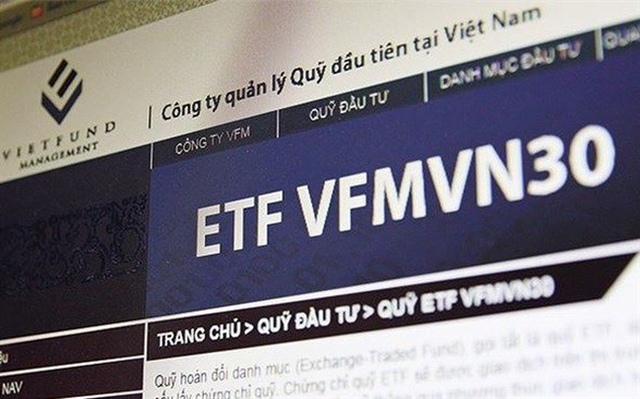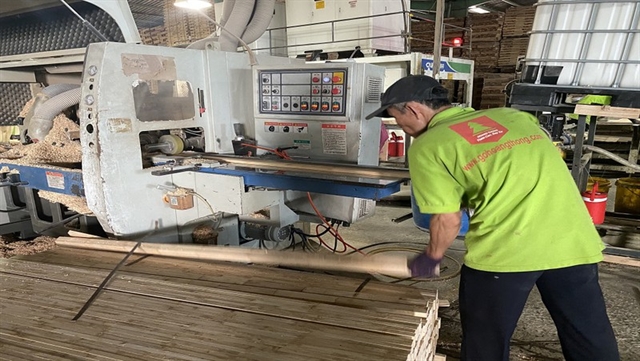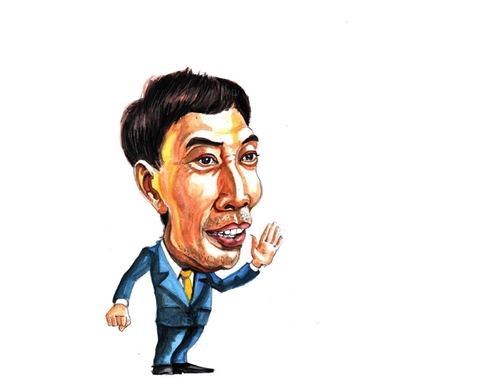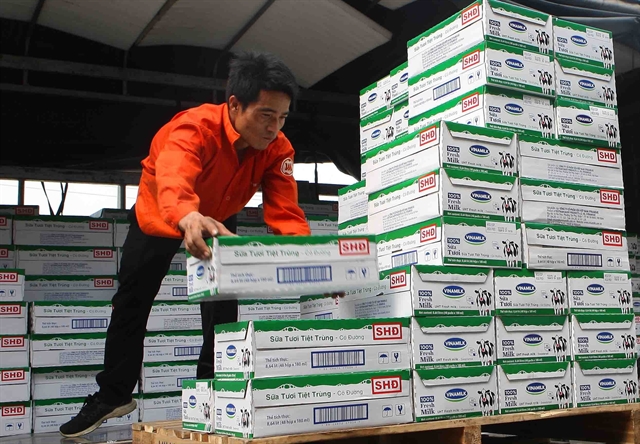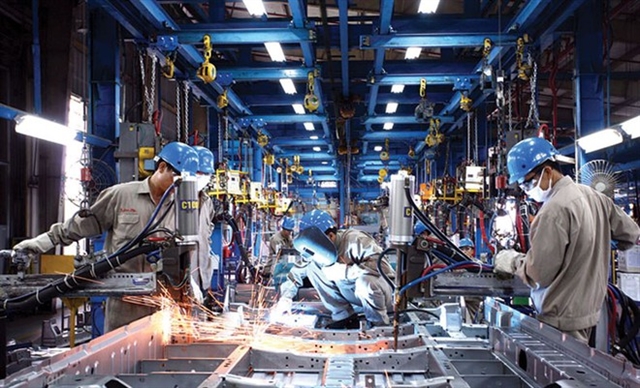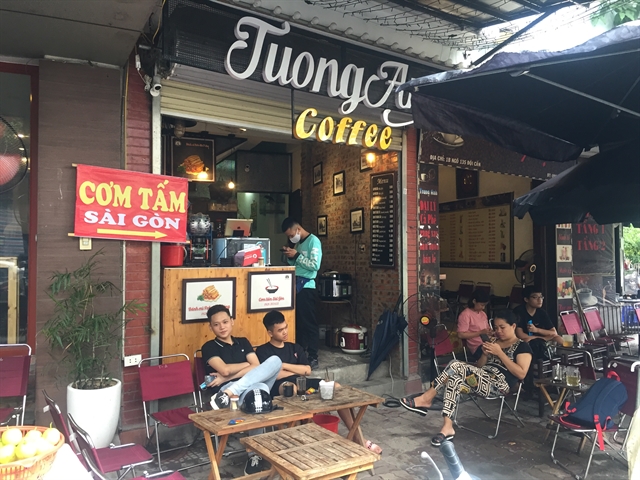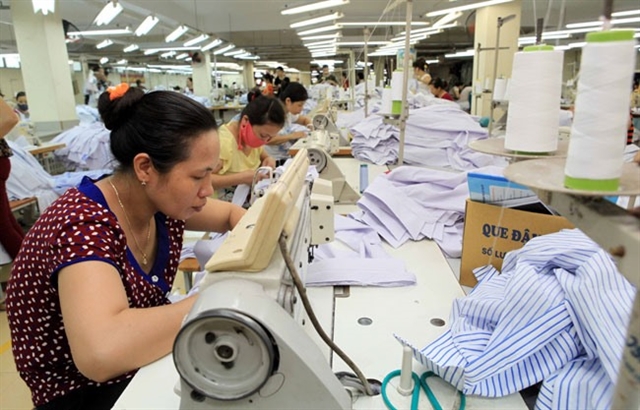
HÀ NỘI — Amid the new COVID-19 outbreak, experts have suggested the Government offer another credit support package to help enterprises, especially large businesses in key areas.
As the new wave of the virus has made economic recovery and development more difficult, experts and the business community have asked the Government for more help.
Economist Nguyễn Bích Lâm, former General Director of the General Statistics Office, said governments in many countries had provided support packages. For example, Japan launched a second support package, worth more than US$1 trillion, while Singapore announced the fourth financial support package worth S$33 billion, adding the total value of Japanese packages had reached 40 per cent of Japanese GDP while Singapore's support packages were equal to 20 per cent of the country's GDP.
“Việt Nam should also have a second or a third support package to recover the economy, making it flexible to adapt with changes," Lâm said.
“After the pandemic, the second support package should focus on restructuring the economy, gradually transforming the service sector into digitalisation," he added
He said a long-term macro-policy and support packages needed to be implemented in good time as a late policy would not help.
The Government previously issued monetary policy packages worth VNĐ250 trillion (US$10.8 billion), a social security package worth VNĐ62 trillion and a fiscal policy package worth VNĐ180 trillion, focusing on supporting businesses, employees and people.
However, Lâm said: “The actual implementation of support packages is still modest with complicated procedures, which has many people and businesses not interested in getting involved.”
Cấn Văn Lực, the chief economist of the Bank for Investment and Development of Việt Nam, said the Government should review its support packages to expand and align them with suitable subjects.
For fiscal policy, Lực said the Government should submit to the National Assembly to consider extending tax and land rent exemptions for enterprises, adding that the extension should be applied at least to the end of 2020 and then continued if necessary.
Lực suggested that support packages should not only focus on small and medium-sized enterprises (SMEs) as currently, but the Government also needed to help large enterprises in important industries.
Lực took the local aviation industry as an example, saying: “Aviation activities have recovered about 80 per cent after the first wave but the revenue has reached less than 50 per cent of what the industry had before the pandemic.”
Lực suggested that the Government should give the aviation industry support based on the level of contribution and market share in the economy.
“The support should not only be given to the State-owned Vietnam Airlines but also to the private airlines of Vietjet Air, Bamboo Airways and others as they have made great contributions to the economy," he said.
For SMEs, the largest proportion in the economy, Lực urged the more efficient work of the Credit Guarantee Fund for SMEs, adding the current 28 funds were not effective enough.
He said pumping capital into enterprise support funds would help businesses quickly access support packages and enhance the disbursement progress of support packages.
Đoàn Ngọc Vui, chairman of the Board of Members of DDIF Investment Company Limited, Đà Nẵng Investment and Development Fund, told Vietnam News Agency: “Credit capital is never enough for business, especially in such a context. Therefore, it is necessary to continue to have more credit packages to support them to overcome difficulties.”
Vui said the conditions for businesses to access the credit packages were not easy, adding that the packages had not been fully disbursed.
“The new support packages need to account for these shortcomings. The Government should create more favourable conditions for the majority of businesses to enjoy the preferential policies," he added.
Together with support packages, Vui said the Government had to monitor the law enforcement to prevent the policies being taken advantage of nefariously.
According to Vui, delaying, reducing or exempting tax obligations for enterprises were not enough, the Government should offer more financial resources or provide preferential loans with floor interest rates for businesses.
He also asked the Government to spend more on public investment projects to create jobs for both enterprises and workers.— VNS

